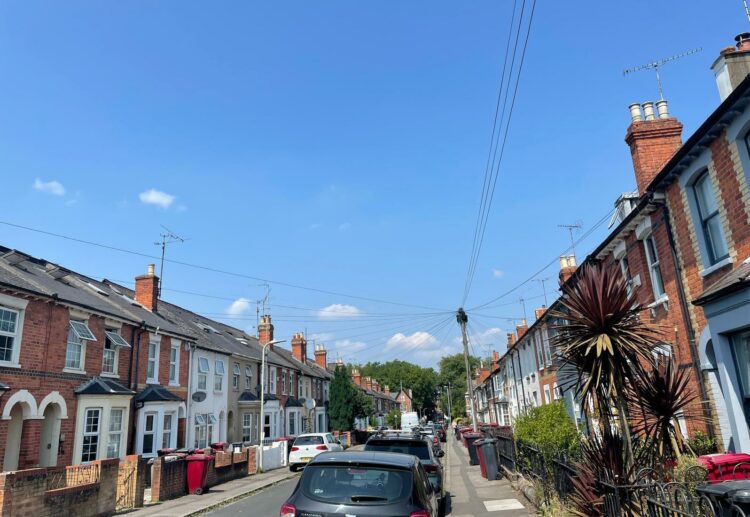The introduction of tough new rules for buy-to-let landlords in Reading is moving ahead.
Private rented accommodation is a big portion of the housing stock, making up nearly 40 per cent of the properties in the town.
However, Reading Borough Council officers have discovered issues with these properties, including landlords failing to maintain fire alarms and waste management problems.
Therefore, the council’s Labour administration is moving forward with a licensing scheme imposing minimum living standards for tenants.
A licence will cost £950 at a standard rate for the first year, increasing to £1,250 after that.
It has been agreed that monitoring of the scheme to ensure compliance will be conducted by a delivery partner rather than council officers due to staffing challenges.
This news was presented at a recent council meeting.
Matt Yeo (Labour, Caversham), lead councillor for housing said: “I think it’s regrettable that we can’t deliver it wholly ourselves, but this probably the best way we can do it in the circumstances.
“We’re looking forward to seeing some of the results of the inspections and it going forward.”
Councillor Rob White (Green, Park), the leader of the opposition, added: “Green councillors would also have preferred that this already much-delayed licensing scheme was run in-house, but successive years of austerity means we are where we are, so we also support this to get it up and running as quickly as possible.”
The contracting of a delivery partner was seen as the best option, as other councils have used contractors to deliver housing licensing schemes.
Cllr Anne Thompson (Liberal Democrats, Tilehurst) whether other councils had faced issues with the delivery of these schemes.
Catherine Lewis, the council’s community protection group manager, replied that lessons have been learnt from the experiences of other councils.
Liz Terry (Labour, Coley) the council leader said: “I think we’d all agree that we would have preferred to have an in-house service, but we must be pragmatic about this, it’s important that we get on with it.”
Councillors agreed to begin tender for a delivery partner to monitor the licensing scheme at a policy committee meeting on March 17.
The introduction of a discretionary licence scheme for private landlords was agreed last November following a public consultation, which included a survey conducted by the University of Reading.
While respondents supported efforts for better living conditions, there were concerns that costs would be passed on to students through higher rents.
Molli Cleaver, the university’s community engagement manager said: “Our students have told us that while they welcome proposals to improve the condition of rental properties, they are concerned about the impact on rents.
“Housing is an issue which affects everyone in Reading, because while we are able to accommodate around 5,000 students in our own halls of residence, other students, as well as staff and graduates, live in the town and are impacted by the cost and condition of local housing.”
























